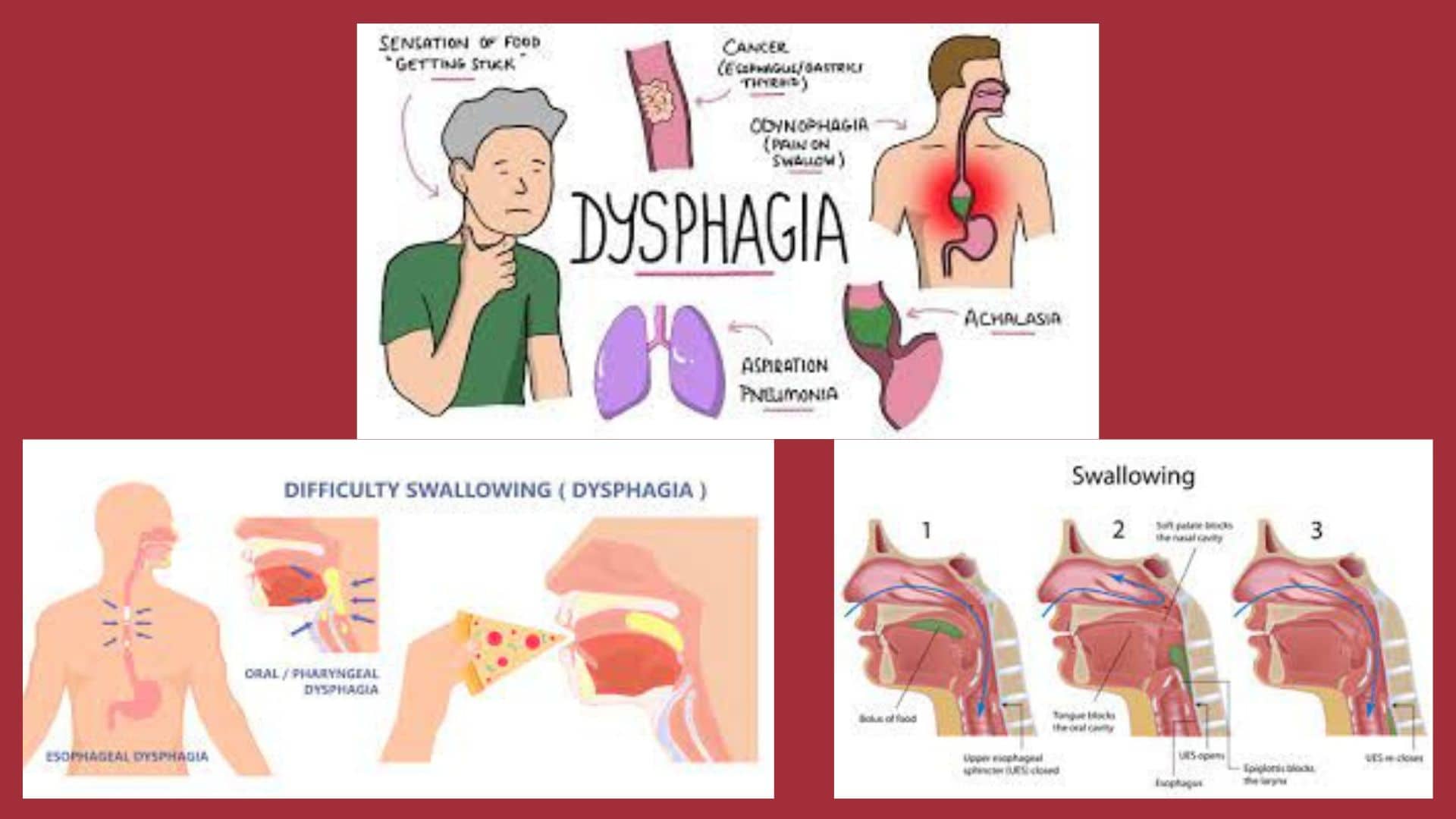Dysphagia is a condition that mainly leads to difficulties with swallowing. People with this condition may need more time and require more effort to move foods or liquids from their mouths to their stomachs. In some cases, people with dysphagia may experience pain swallowing, and in severe cases of this condition, they may find it completely impossible to swallow. While difficulty swallowing is something that anybody can experience from time to time, for example, from not chewing your food enough, persistent problems could be a sign that there is a more serious underlying condition at fault.
Dysphagia Symptoms
People struggling with dysphagia may experience various different symptoms. Pain when swallowing, struggling to swallow or simply finding swallowing impossible are some of the most common symptoms. This may be possible to manage using products like Simply Thick. Some people with this condition may also have problems such as a sensation of food being stuck in the throat, a hoarse voice, and bringing food back up after they have eaten. Gagging a lot when swallowing is not uncommon, along with frequent heartburn. Unintentional, fast weight loss due to a lack of nutrition may also occur.
What Causes Dysphagia?
The process of swallowing food or liquid is more complex than you might think, and there are various factors that might make it difficult for a person to swallow. There are two main different types of dysphagia; esophageal dysphagia leads to a sensation of food being stuck in the throat after swallowing, while oropharyngeal dysphagia leads to a weakening of the throat muscles which hinders the process of swallowing.
Both types of dysphagia can be caused by various things including tumors, foreign bodies causing blockages in the throat, achalasia, neurological disorders or damage, radiation therapy and more. The natural process of aging can also lead to wear and tear on the esophagus, putting older people in a higher risk group of developing this condition.
When to Get Medical Help
If you are often struggling to swallow or are experiencing issues like vomiting, regurgitating, or rapid weight loss, then it’s important to make an appointment with a medical professional as soon as possible. Get attention from the nearest emergency room or urgent care center if you are having problems with swallowing due to an obstruction in the throat that may also be blocking your airways.
Prevention and Treatment
While completely preventing dysphagia from developing might be impossible, the good thing is that there are several things that you can do to reduce your risk of developing this condition by eating slowly and making sure that your food is chewed well. Detecting the symptoms early can help to reduce the risk of developing dysphagia as the earlier you can access treatment, the better. There are various treatment and management options to consider including mechanical soft diets, liquid thickener gels, surgery, medication and more.
Some trouble swallowing from time to time is not usually cause for concern. However, if it is persistent, or leading to other symptoms that are interfering with your life, then it’s worth getting medical attention.
Visit For More Articles




